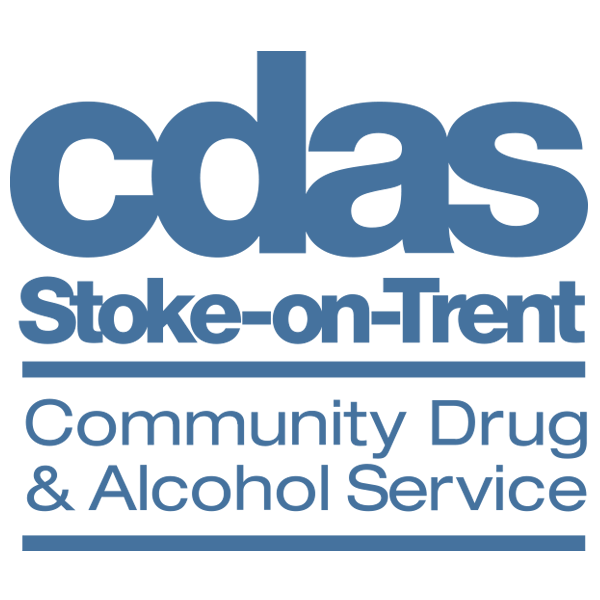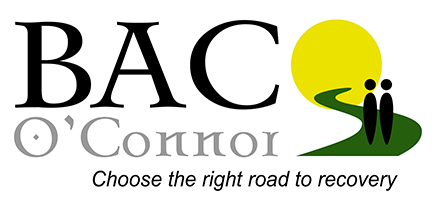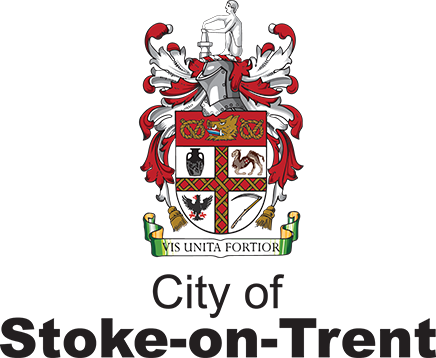On International Overdose Awareness Day, Stoke-on-Trent’s Community Drug and Alcohol Service (CDAS) is sharing an important message: naloxone can save a life during an opioid overdose.
Deaths from drug use in Stoke-on-Trent are three times higher than the national average. Between 2018 and 2020, Stoke-on-Trent had a drug misuse mortality rate of 13.9 deaths per 100,000 people, compared to the national average of five per 100,000; the highest rate in the West Midlands by far—and the fourth highest in the country.
Naloxone, which can be injected into a muscle or sprayed into the nose, temporarily reverses the effects of opioid drugs like heroin, morphine and methadone.
Steve Griffiths, Prevention Engagement Coordinator for CDAS, said:
“Naloxone temporarily reverses the effects of an opioid overdose, and this can be enough to save someone’s life.
“It’s really important that anyone carrying naloxone who is witnessing an opioid overdose feels confident using it. You should use it if you think that someone has overdosed, even if you’re not sure what they’ve taken—naloxone will not cause harm to a person who hasn’t used opioids.
“At CDAS, we offer naloxone training and kits to our clients and local partners, as we know that anyone could come across someone who’s overdosed. The more people who carry and know how to use naloxone, the more we can prevent people dying from overdoses.
“At CDAS, we offer a free and confidential support service to anyone living in Stoke-on-Trent who is struggling with drug or alcohol dependance. We’d urge anyone who needs our services—either for themselves or someone they worry about—to get in touch with us by phone, email, in person, or through our free webchat service.”
Jamie Phillips, Group Facilitator at CDAS, said:
“I used opiates for 28 years. One day, I injected as usual, but because I had a lot of tablets in my system from the day before, I overdosed. All I remember is waking up in an ambulance.
“In 2017, I entered rehab with BAC O’Connor, and this is where my recovery journey began. I now work with CDAS to deliver group sessions to people who are at different stages of their drug and alcohol recovery journey. I use my lived experience to provide guidance, advice, and empowerment to our clients so that they can find solutions to the challenges in their lives.
“If I hadn’t been with someone who’d called an ambulance, I don’t know what would have happened to me. There are a number of things that people can do to reduce harm—having someone around you when taking drugs is one, but one of the most important things people can do is carry naloxone and know how to use it.”



